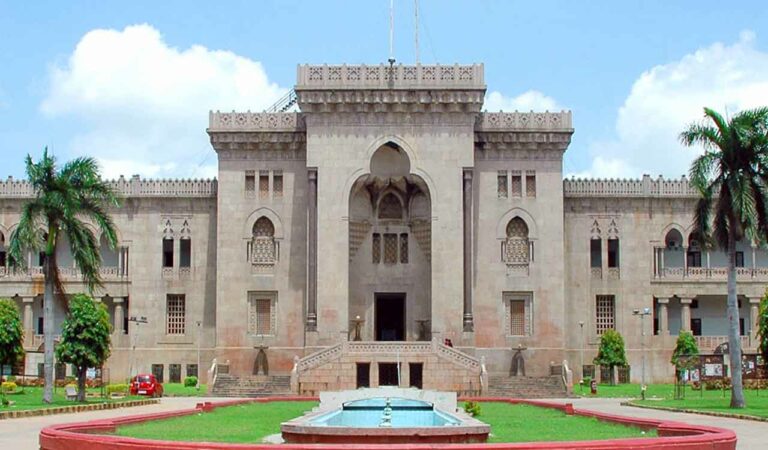
The Bill referred by the then Governor Tamilisai Soundararajan to President for ‘Consideration and Approval’ last year is yet to receive either assent or rejection.
Published Date - 27 June 2024, 09:45 PM
Hyderabad: Teaching staff recruitment in the State universities has hit a roadblock with the fate of Telangana Universities Common Recruitment Board Bill 2022 hanging in balance.
The Bill referred by the then Governor Tamilisai Soundararajan to President for ‘Consideration and Approval’ last year is yet to receive either assent or rejection.
The Congress government, which initially planned to withdraw the bill, is yet to take call on the same. “The bill has been forwarded to the President and is still there. For the bill to be withdrawn, the State cabinet has to take a decision,” said a senior High Education department official.
Presently, each university takes up its own recruitment that on several occasions in the past got into legal tangles, delaying filling up of vacancies. To bring transparency and accountability, the previous BRS government had passed Telangana State Common Recruitment Board Bill 2022 for centralized staff recruitment.
The bill was sent to the Raj Bhavan for assent but after seeking clarifications from the then Education Minister P Sabitha Indra Reddy, Tamilisai Soundararajan forwarded the bill to the President citing certain issues.
Failing to take a decision on the bill has further delayed the teachers’ recruitment in the universities, which are already grappling with dearth of faculty members particularly at professor level. This shortage of teachers is not just impacting regular teaching work but research and funding from various central funding agencies.
Out of 2,825 teaching posts sanctioned in 11 universities, there are close to 2,000 vacancies. While there are a total of 1,267 sanctioned posts in 53 departments of Osmania University, close to 900 teaching staff positions are vacant.
Several departments have been running classes with regular associate and assistant professors besides contractual staff, while some departments like Archaeology, French and German run only by the academic consultants, who are employed on contractual basis.
Similar is the predicament with Kakatiya University, where only 86 teachers are working against a sanctioned strength of 409 faculty members in 27 departments. The delay in recruitment, according to teachers, has increased the academic load on the existing staff.





Leave a Reply